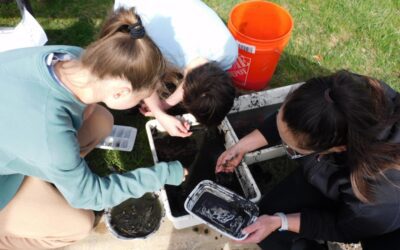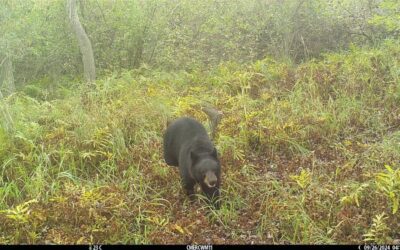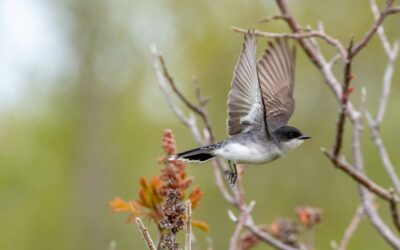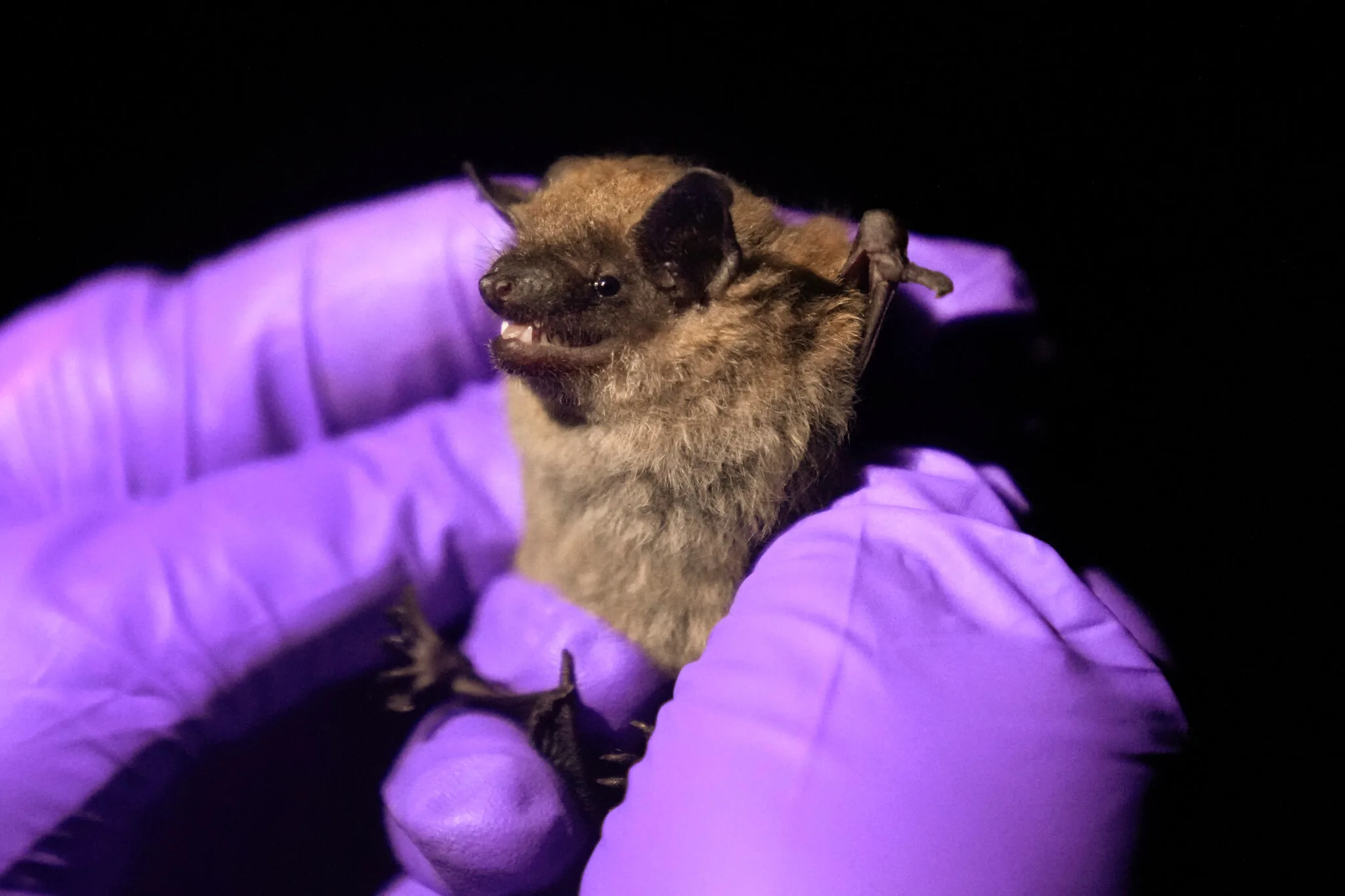
Biologist Ashley Wilson holds a big brown bat in Sharon Township, Mich., June 21, 2023. Fifty years after the Endangered Species Act took effect, environmental advocates and scientists say the law is as essential as ever. Habitat loss, pollution, climate change and disease are putting an estimated 1 million species worldwide at risk. (AP Photo/Paul Sancya)
Move over Shark Week—it’s time to celebrate Michigan’s most fascinating and misunderstood mammal: the bat.
This week is Bat Week. The annual celebration, held on the last week of October, is dedicated to raising awareness about all the good that bats do for our state’s environment. Here’s what you should know about our nocturnal neighbors:
Michigan is home to nine species of bats that all feed on a variety of critters like moths, flies, beetles, and other insects. They are definitely not thirsty bloodsuckers that you may have seen in the movies. In fact, the typical Michigan bat can eat between 600 to 1,000 mosquito-sized insects per hour. When they aren’t pulling all-nighters eating bugs, bats are hard at work pollinating flowers and spreading seeds that grow new plants and trees.
The most common type of bat in Michigan is the brown bat. They are light brown to dark brown in color and have an average wingspan of 8.5 to 11.5 inches. In the summer, brown bats will settle in warm, humid spaces where they can raise their young pups. This leads them to build homes in tall trees, the underside of bridges, and—in some cases—barns and attics.
Bats are currently facing a serious threat. In 2014, bats infected with white-nose syndrome (WNS)—a deadly disease caused by a fungus—were reported for the first time in Michigan. Last year, the northern long-eared bat joined the endangered species list due to WNS effects on the species. WNS attacks the bare skin of bats while they’re hibernating and sometimes looks like a white fuzz on the bat’s face, hence the name “white-nose”. Infected bats wake up frequently during hibernation, which can cause dehydration and depletion of their fat reserves, causing them to not survive the winter.
Here’s what you can do to help protect Michigan’s flying, furry friends:
Instead of burning leaves or throwing them away, consider leaving fall leaves where they land or putting them in your garden beds. This will create space for insects to gather to create a bug buffet for neighborhood bats.
Consider planting a bat-friendly garden with native Michigan plants such as night primrose, honeysuckle, goldenrod, and fleabane. These plants draw in night-flying bugs that bats love like moths. On the other hand, you should also consider removing invasive species that threaten native plant populations.
Install a bat house in a location not frequented by people, such as an open tree or pole at least 100 feet from your home. Try to install the bat house at least 12 feet high so the bats can freely enter and exit their home.
Help reduce the spread of WNS by not entering spaces that bats frequently visit, like caves and mines. If you have entered a bat’s domain, follow the proper decontamination guidelines for shoes, clothes, and gear.
Bats with WNS often exhibit unusual behavior, such as flying during the day or gathering outside of caves in cold weather. If you see a bat that you suspect has WNS, report it on the Department of Natural Resources’ Eyes in the Field app.
Support Our Cause
Thank you for taking the time to read our work. Before you go, we hope you'll consider supporting our values-driven journalism, which has always strived to make clear what's really at stake for Michiganders and our future.
Since day one, our goal here at The 'Gander has always been to empower people across the state with fact-based news and information. We believe that when people are armed with knowledge about what's happening in their local, state, and federal governments—including who is working on their behalf and who is actively trying to block efforts aimed at improving the daily lives of Michigan families—they will be inspired to become civically engaged.


Researchers studying why Michigan’s moose population isn’t growing
By Rachel Lewis, Capital News Service LANSING – After the great “moose lifts” in the 1980s, researchers were confident Michigan’s moose population...
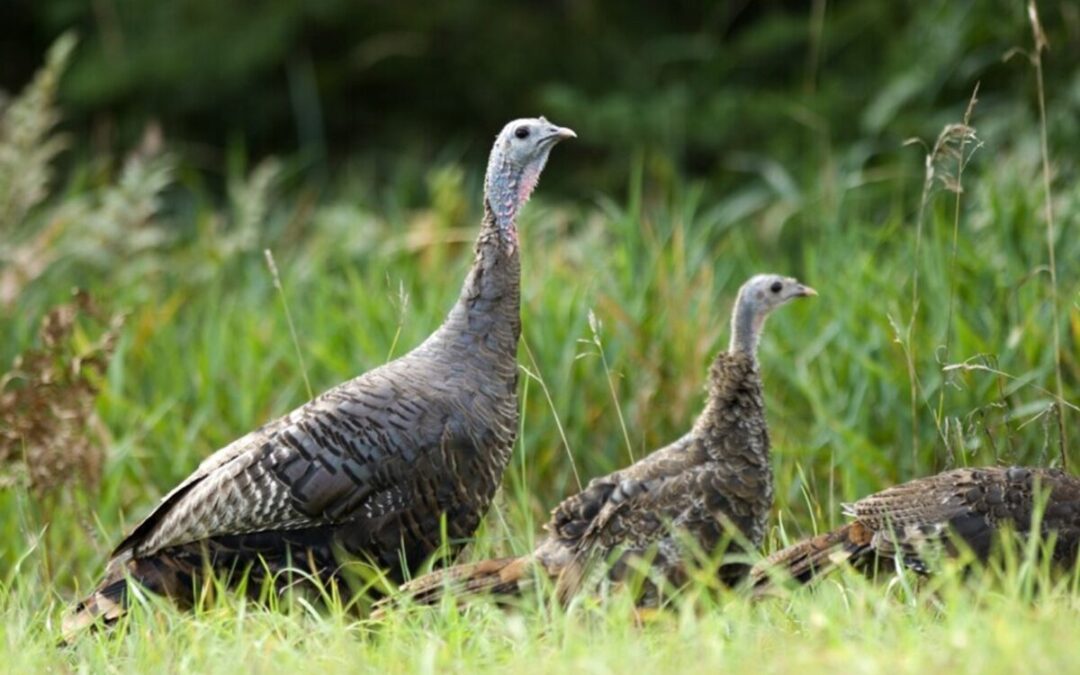
Michigan residents encouraged to report wild turkey sightings this summer
By Clara Lincolnhol, Capital News Service LANSING – The Department of Natural Resources is asking residents to report the number of wild turkeys...

Former K-9 Maple is busy as a bee sniffing out threats to Michigan State University colonies
EAST LANSING, Mich. (AP) — Researchers at a Michigan State University facility dedicated to protecting honey bees are enlisting a four-legged ally...
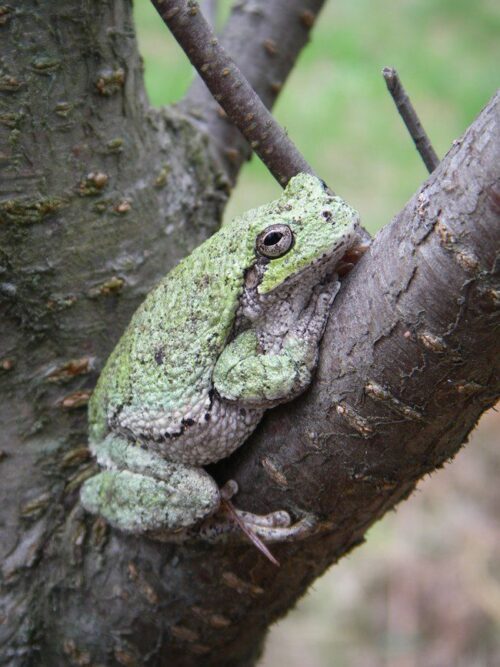
Wildlife change – and don’t change – on tiny Lake Huron island, scientists say
By Eric Freedman, Capital News Service LANSING – In nature, a lot can change on a largely uninhabited Great Lakes island over the course of a...
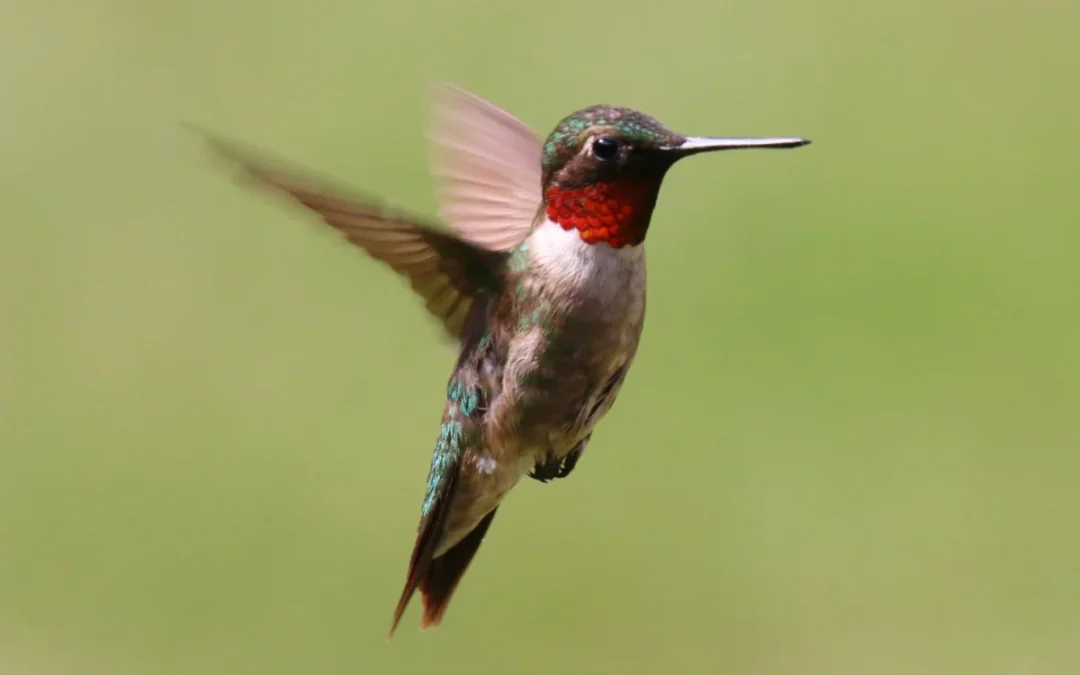
Planting native flowers this summer could bring hummingbirds to your yard
By CLARA LINCOLNHOL, Capital News Service LANSING – Lindsey Kerr with Michigan State University Extension said hummingbirds like trumpet-shaped...



